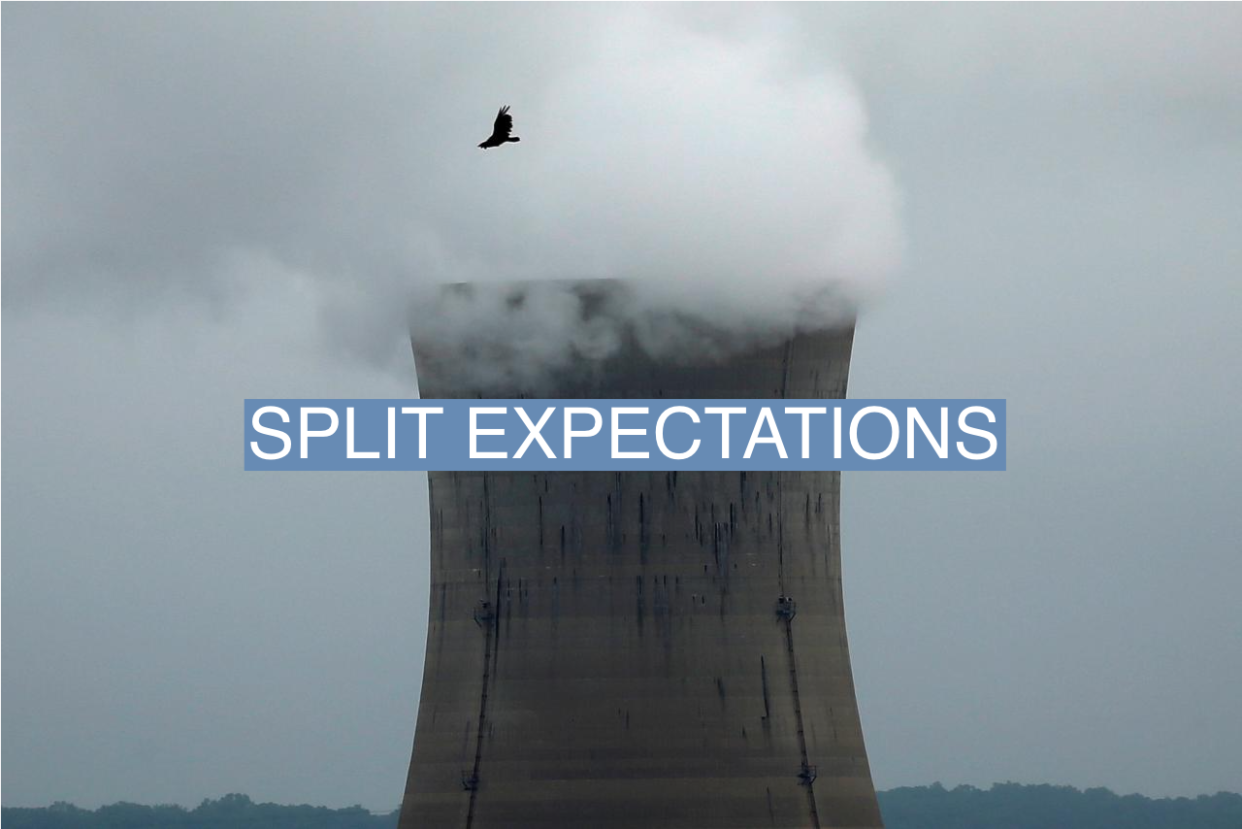US to make it easier to build nuclear reactors as it seeks to play catchup with China

Insights from the Bipartisan Policy Center, the Information Technology and Innovation Foundation, and Axios
The News
The United States Senate is expected to pass a bipartisan nuclear energy package as soon as Tuesday, in what marks a major piece of energy and climate legislation as the US seeks to play catch up with China’s rapid nuclear expansion.
President Joe Biden has said nuclear power can help tackle the climate crisis, and, if it passes, the Accelerating Deployment of Versatile, Advanced Nuclear for Clean Energy (ADVANCE) Act will allow for a more rapid build-out of nuclear reactors by breaking some of the red tape that has hindered its development in the US.
SIGNALS
Bill can’t solve all of the US’ nuclear problems
The law will streamline nuclear power development by lowering regulatory hurdles, but is unlikely to materially advance the industry or address a dearth of innovation that sees the US lag behind rivals such as China, analysts said. Beyond requiring the Nuclear Regulatory Commission — the US’ nuclear regulator — to update its mission so it does not “unnecessarily limit” nuclear development or its use, “no one will remember anything else that happened in this piece of legislation,” argued Third Way, a progressive think tank. And beyond cost concerns, Axios reported that other activists worry the legislation circumvents crucial safety oversight.
US ‘15 years behind China’ on nuclear energy
The US currently has the most nuclear power reactors in the world, but Beijing’s push to advance its own nuclear industry has been so comprehensive that the US lags an estimated 15 years behind China in deploying the newest generation of reactors, according to a report from the Information Technology and Innovation Foundation, a think tank. China currently has 27 plants under construction and plans to build 150 by 2035, and developers are incentivized by state-bank loans with rates as low as 1.4% — far lower than in Western economies. Beijing’s backing means that “Chinese enterprises will gain an advantage at incremental innovation in this sector going forward,” the report stated.
Nuclear power can’t help meet energy demand without modernizing grid
Nuclear energy will not be able to help meet electricity demand so long as the US grid remains underdeveloped. State lawmakers have been fighting Washington’s plans to modernize the grid, and “there’s only so much that the that the federal government can do” given that transmission projects require approval and coordination from different states, Lesley Jantarasami of the Bipartisan Policy Center think tank told Semafor. At a local level, however, states have prioritized nuclear energy research and development through state university programs or investing in plant demonstration sites, which reduces the burden on the federal government and “creates momentum for a stronger US nuclear industry,” Jantarasami added.

